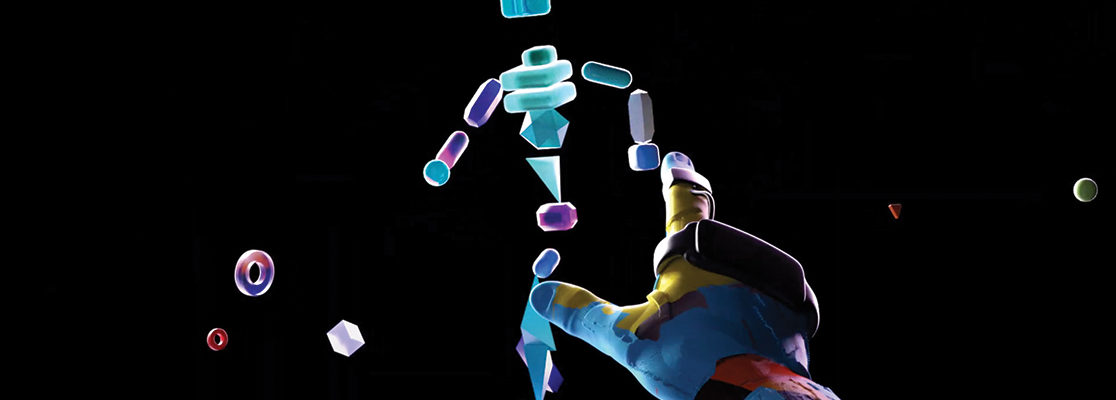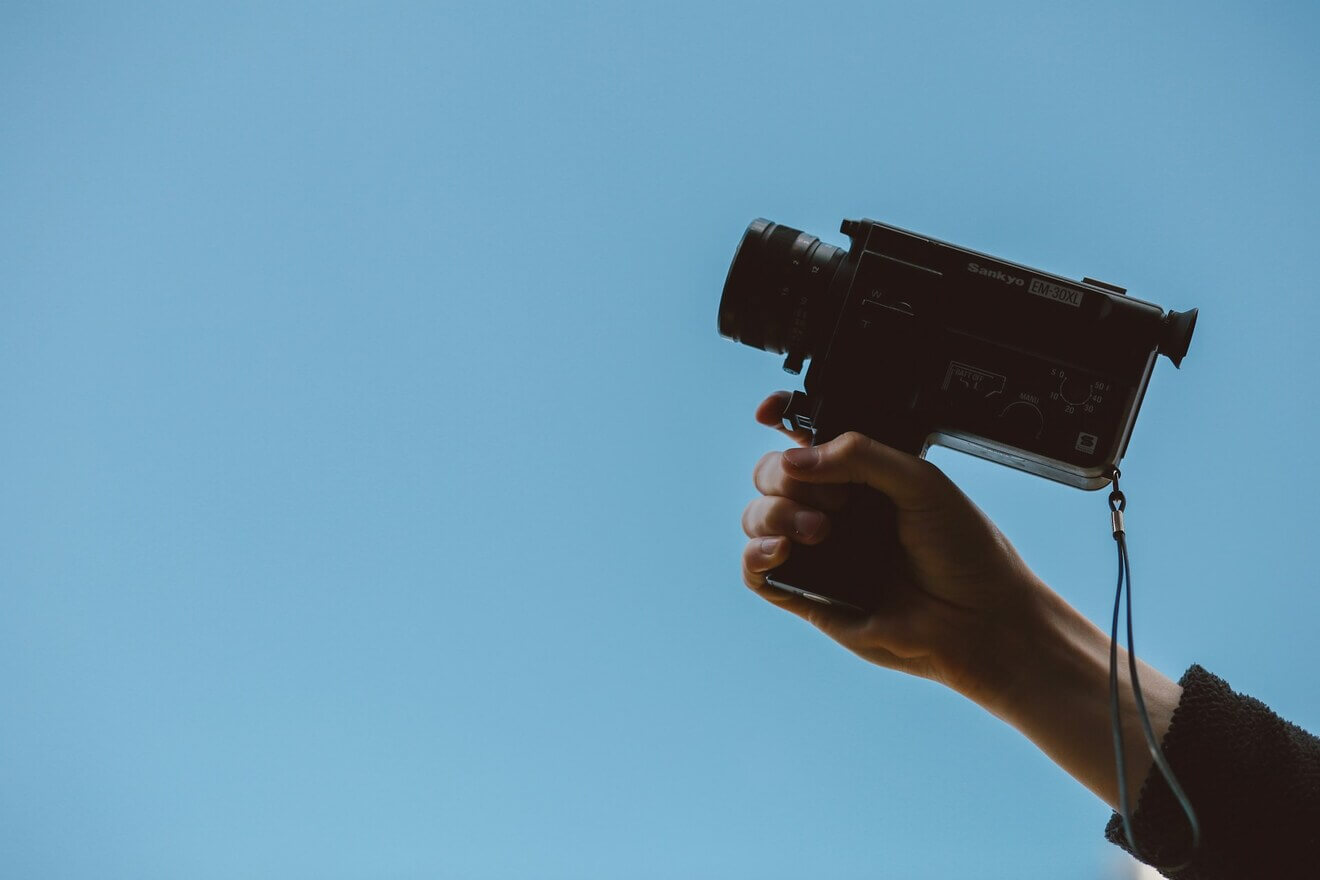Today’s filmmakers need to be able to call on a huge amount of skills in order to forge a career in the film industry. Our expert team at SAE has developed the Film Production course to specifically meet these needs and equip our students with the essential knowledge to enjoy successful journeys in the sector. Get in touch to learn more about our degree and discover the top skills required in the film industry below…
What filmmaking skills do today’s filmmakers need to understand?
From feature length documentary films to shorter videos, there are plenty of technical abilities that a filmmaker needs to hone and develop.
Understanding the creative process behind filmmaking is important but if you are working on a large project, then having the leadership skills to engage with an array of cast and crew members is also a priority.
Here, we will explore directing, cinematography, and how filmmakers can create a story alongside the benefits of studying in moving forward and enhancing filmmaking specialties.
How can studying film production help you develop your skills and knowledge in filmmaking?
As a creative filmmaker, studying Film Production can help improve how you approach the filmmaking process and the skills needed to be a success.
Studying will help you get to grip with high-end digital cinema cameras and production equipment, before editing and mastering your films in our industry-standard post-production suites with DaVinci Resolve colour grading software, Adobe Premiere Pro, and Adobe Creative Cloud.
Creative skills are a must in film productions and studying the process in film school can be a great way of acquiring the filmmaking expertise required to become a successful film director.
Working as a Freelance Filmmaker
Most companies only hire freelance film producers who have a record of creating successful and compelling content, so industry professionals often start with small jobs and independent projects to gain the invaluable experience that can set them on their way.
There are challenges with this – you often have to source your own work when starting out. You will also be responsible for your business affairs, so working out your accounts, and paying tax at the appropriate time for each job you take on.
As a freelance filmmaker, you will also need to be on top of your diary – many freelancers work across more than one project at once so utilising good time management tools can really help.
Working as a freelance filmmaker requires a great deal of flexibility in organising your schedule too. Managing all or as many of the technical and creative aspects of filmmaking by yourself will enable you to create a viable business. Self promotion is another core skill that is needed to find suitable roles and projects.
Technological Expertise – editing and filmmaking software expertise
Understanding film making software is a must for today’s film producers and creative filmmakers. Digital filmmaking requires getting to grips with video equipment and software of all kinds behind the scenes and being receptive to acquiring new skills and techniques.
- Adobe Premiere Pro. | Adobe.
- Final Cut Pro. | Apple.
- Camtasia. | TechSmith.
- Wondershare Filmora. | Wondershare.
- Synthesia. | Synthesia.
- Animaker. | Animaker.
- Wistia. | Wistia.
- PowerDirector 365 Business. | CyberLink.
Filmmaking equipment expertise
As a filmmaker, having some technical understanding of every piece of the filmmaking process is imperative; this includes camerawork, lighting, sound, special effects, design, post-production processes, and more.
All of this is nearly impossible to learn on your own, but with the right resources, undertaking a course in Film Production and enough hands-on experience, you can prepare yourself for all of the technical aspects of filmmaking to take a project from idea to final product.
Some examples of the kind of gear filmmaker needs are:
- Cameras and lenses
- Lights and reflectors
- Microphones, including boom mics and lav mics
- Camera supports including tripods and dollies
- Green screens
- Motion capture
Written and Visual Storytelling
There’s no way to make a film – or at least a successful film – without the skills needed for both visual storytelling and written storytelling.
Although not everyone is a creative genius and not everyone will be able to write the best scripts or create the best storyboards, everyone can foster the skills needed to understand, draft, evaluate and analyse stories, including written scripts and wordless visual stories.
Creative Awareness
Any art or craft requires the artist to work hard to learn their skill, and the art of filmmaking is no different. If you aspire to film and edit professionally, it’s highly likely that you already have a highly tuned sense of what you find visually appealing.
When embarking on this career, it’s necessarily about gaining experience and confidence in your ability. The more filming and subsequent editing of your own filmed footage you undertake, the more you will learn and improve your range of skills. We all learn from our mistakes and recovering problems with any filmed footage is a skill in itself.
The ability to overcome any technical problems on your own will stand you in good stead if any such difficulties arise in your future projects. Over time your skills and experience will enable you to realise any brief or creative vision.
Film Production Process
The film production process can be divided into countless steps to take a film from concept to a finished piece.
However, there are three key stages that take place in the production of any film: pre-production (planning), production (filming), and post-production process (editing, color-grading, and visual effects).
Having an understanding of these various elements can be integral to film production.
Time Management
Working as a freelance filmmaker you could be making films and videos for a variety of reasons – for people’s entertainment, education and training but also for creating marketing and promotional content for all types of businesses and individuals. On the basis that you will be paid for your time and that generally speaking prospective clients usually have strict budget limits, it will be essential for you to be highly resourceful, work quickly and effectively when needed to make a living from your freelance career.
You will also need to assess each situation to consider health and safety risks for yourself and others when filming. Whenever possible, always allow extra time to assess the location and set up the equipment before being starting to film. Things don’t always go to plan so always consider alternative ideas and solutions in your planning process.
Problem solving
Filmmaking is not always simple; you’ll run into problems that you don’t know how to solve, have dilemmas that complicate your vision, or encounter obstacles that will require you to make difficult decisions before moving forward.
When this happens, you’ll need to have quick and decisive problem-solving skills to avoid delays in production and ensure deadlines are met. Without the ability to decisively lead, even a filmmaker with great creative vision and technical expertise could suffer with the challenges of filmmaking.
Communication skills
Often there will be many people involved in bringing a film production to life. An important skill is an ability to get on with other team members and this can rely on communication skills. Other creatives can sometimes be challenging to collaborate with.
As a film producer you may have to share your vision with cast members and other crew members too. Soft skills can be needed – so an innate ability to get along with others can be key.
Filmmaking often relies on a team of experienced professionals who work together to create the final product.
For example, a writer may craft the story before handing it off to the director, who brings that story to life on-screen. Both the writer and the director rely on each other to do their jobs well and to trust the other’s skill and creative decision-making.
Documentary Film vs Narrative Film
Different genres of films will require different skills. So documentary films might have to develop in a different way to a narrative story and a flexible director will need to acquire knowledge of a variety of techniques and skills.
Develop a Film Maker Resume/portfolio
This can be a fantastic tool to help film producers showcase their skills and find work.
A resume should show off your aptitude for cinematography, knowledge, crafting a story and any other skills and experience you think will be able to develop a career in the film industry. This can include:
- Media production.
- Narrative storytelling.
- Documentaries.
- Writing skills.
- Leadership skills.
- Creative thinking skills.
- Decision-making skills.
- Problem-solving skills.
How to improve filmmaker skills
Undertaking a Film Production course can be invaluable to enhance your skills in becoming a creative filmmaker.
Producing, directing, filming and editing sound and vision are all essential parts to fully realising every brief. All of these aspects need to be thought through with consideration, care and then realised with passion.
By studying film production, you can explore the many roles of the film producer, the technology that might need to use and what else you need to achieve to become a filmmaking success.
This can help provide a solid foundation of knowledge and skill in all areas of filmmaking. It can also help students find collaborators, make connections and develop their personal style. The ability to practice new skills in a judgment-free setting like school can be a useful way to learn something new without worrying about the professional implications.
STUDY FILM Production at SAE
If you want to work in film production in the film industry, get to grips with the latest video editing software and hone your skills in a uniquely collaborative environment, then our Film Production degree could be for you.
With high-end digital cinema cameras and production suites, our facilities and expert tutors are well placed to give your career the best possible start in this fast-paced and dynamic industry.


































